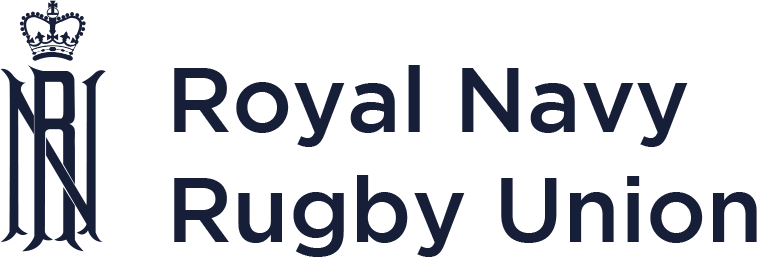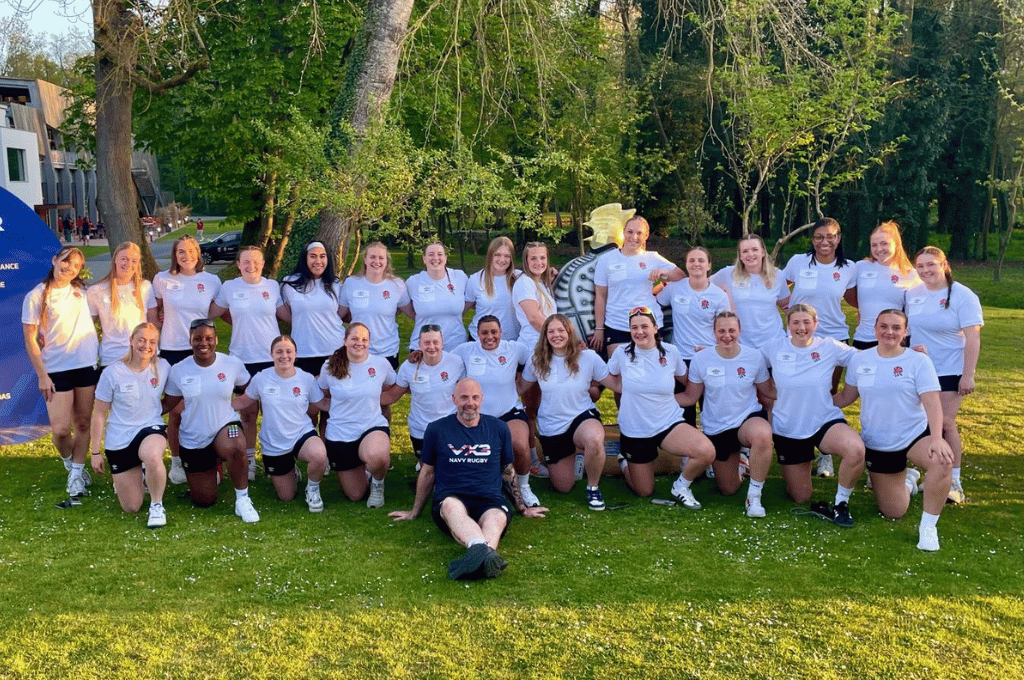
23 April 2025
From Royal Navy Rugby to England Red Roses
Written by J Campbell-Baldwin





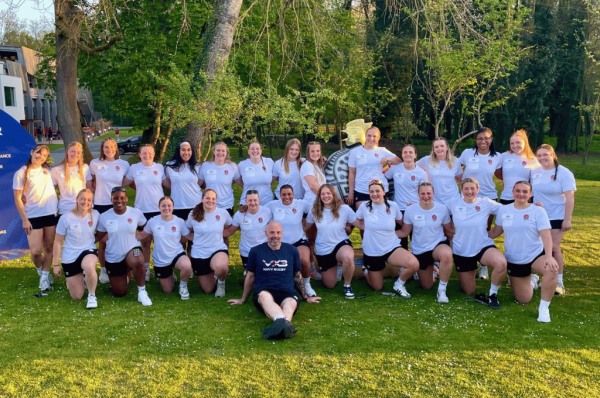
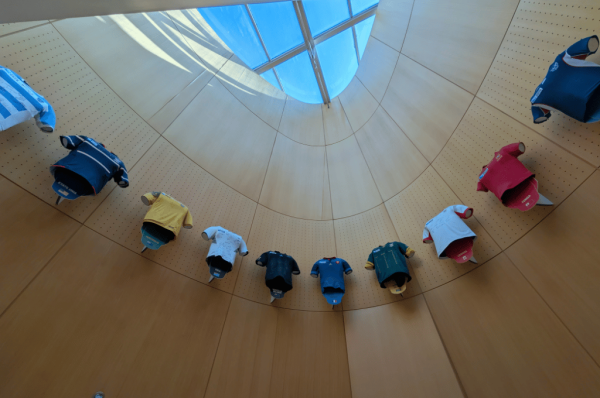
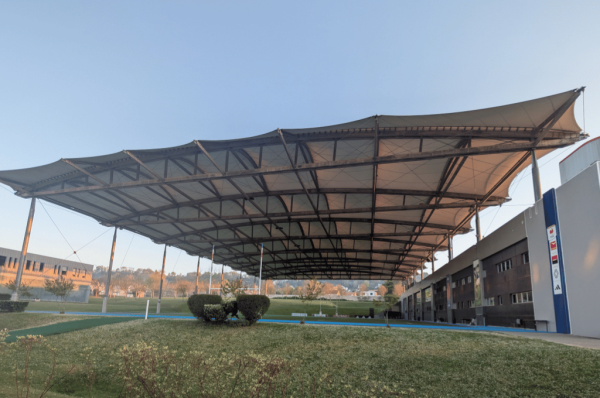
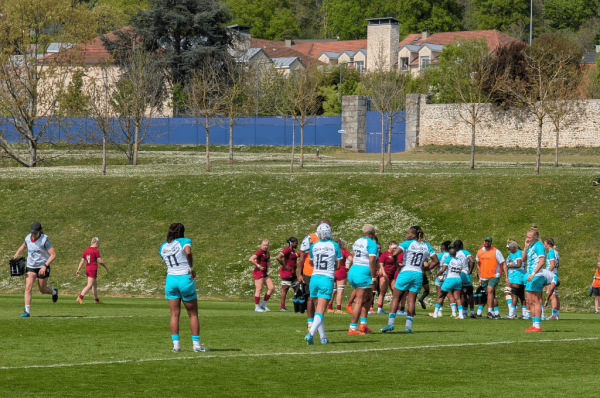
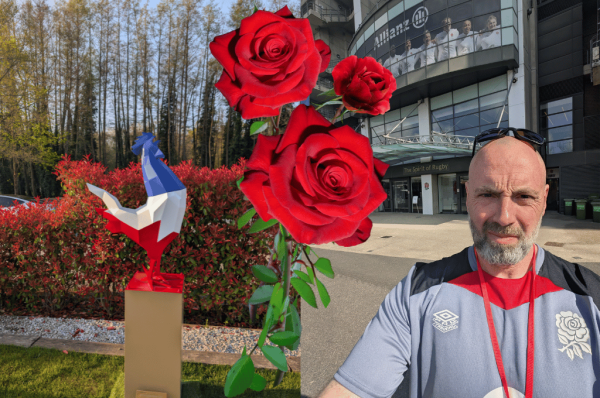
After 25 years in the Royal Navy and countless campaigns with the Royal Navy Rugby Union, Jan Geldard has stepped into the international arena with the England U20s Women’s team. as their Kit Manager. What began with a forwarded email from the RFU turned into an exciting new chapter, blending military coordination with elite-level sport. In this interview, he shares the story of how he made the leap, the learning curves along the way, and the unforgettable moments that made it all worthwhile.
After years of service in the Royal Navy, several good conduct badges and an LSGC Medal, stepping into an interview room for the first time in decades wasn’t exactly where Jan thought his rugby journey would take him. But when a request from the Rugby Football Union (RFU) landed on his desk—sent through the Interservice Rugby Directors and passed to him as part of the Royal Navy Senior Men's Technical Support Group — curiosity turned quickly into opportunity.
“The timing worked out well,” he recalls. “Most of the Women’s U20 Six Nations fixtures take place after our own Inter Service Championship in May, so I thought I could make it work. I got in touch with Alex Hadley, the RFU’s Operations Manager, and was invited to interview with him and Toby Murrill, the Women’s U20 Team Manager. It was intimidating — I hadn’t done an interview in 25 years! But a few days later, I had an offer.”
With that, a new chapter began; trading in military match days for the fast-paced demands of international rugby. And while the switch from Royal Navy Rugby to the England U20 Women’s side brought plenty of changes, it also highlighted just how transferable service values and skills can be.
“The step up to international competition is significant,” he says. “Even at the U20 level, the level of detail is immense. Everything is geared toward maximising player performance, and my role as Kit Manager has evolved massively.”
Gone were the simpler days of match day bags of socks, shorts and shirts and traditional setups. In their place: GPS trackers, nutrition stations, drones, tripods, and other state-of-the-art performance tools. The support infrastructure is at a different scale backed by a budget that, as he notes with a laugh, dwarfs that of a full 16-week Inter Service campaign.
He’s not just in charge of the gear; he’s part of the wider operations. “I’m expected to assist with training sessions as well, and I’m responsible for ensuring all equipment is safely packed, transported, and set up. There's no room for error.”
Still, nothing truly caught him off guard. “My military background means I’ve learned to stay flexible and adapt quickly. Alex and Toby had already sent me the season plan and roadmaps for camps, which gave me a clear picture of what to expect.”
That ability to plan, adapt, and operate under pressure served him well in his very first camp with the England side particularly during his “wow” moment: an international test match against South Africa held at the iconic Centre National de Rugby in Marcoussis, France.
“The South African team arrived singing in a massive procession. It was an amazing sight, spine-tingling, really. That was the moment I realised just how special this experience would be.”
There are plenty of similarities between Royal Navy life and elite sport, particularly when it comes to core values.
“Teamwork, respect, discipline. They all translate. Respect means valuing your teammates, understanding your opponents, and following the process. Discipline is about making decisions that serve the team, not the individual. And preparation is everything. You do the hard work quietly, behind the scenes, long before kickoff.”
The biggest adjustment? Working with civilians. “They’re a funny bunch,” he jokes, though it’s clear he’s grown fond of his new colleagues and the unique culture around the team.
As for pressure, he treats it the same way he does in uniform: with calm, composure, and confidence.
“You often don’t realise how much pressure you’re under until it’s over. It’s on the drive home that it hits you; that feeling of pride for a job well done. I’m grateful the Navy gave me the experience to thrive in this environment.”
Some of what he’s seen during his time with England will undoubtedly make its way back to Navy camps, though he’s keeping those cards close to his chest. “I can’t say too much. You never know who in red [British Army] or light blue [RAF] might be reading!”
So, what’s next? He’s open to wherever the road leads.
“I’m honoured to be working with the Women’s U20 team and excited for the journey ahead. I’m grateful to the RNRU and to the command at HMS Raleigh for supporting this opportunity. A big thanks as well to Rob Jones [Senior Men Team Manager], who first suggested I get involved with the RNRU U23s and encouraged me to apply.”
He’s quick to acknowledge the support of those around him, especially the England team staff. “Toby, Alex, the medics at Twickers, the storage facility logistics team, and LJ Lewis, the head coach — everyone’s been brilliant. It’s a fantastic setup.”
And above all, he remains focused on what matters most: giving back to the game he loves.
“Rugby’s always been a big part of my life. Now I’m proud to contribute behind the scenes, supporting the next generation of England players and seeing where the future takes us.”
